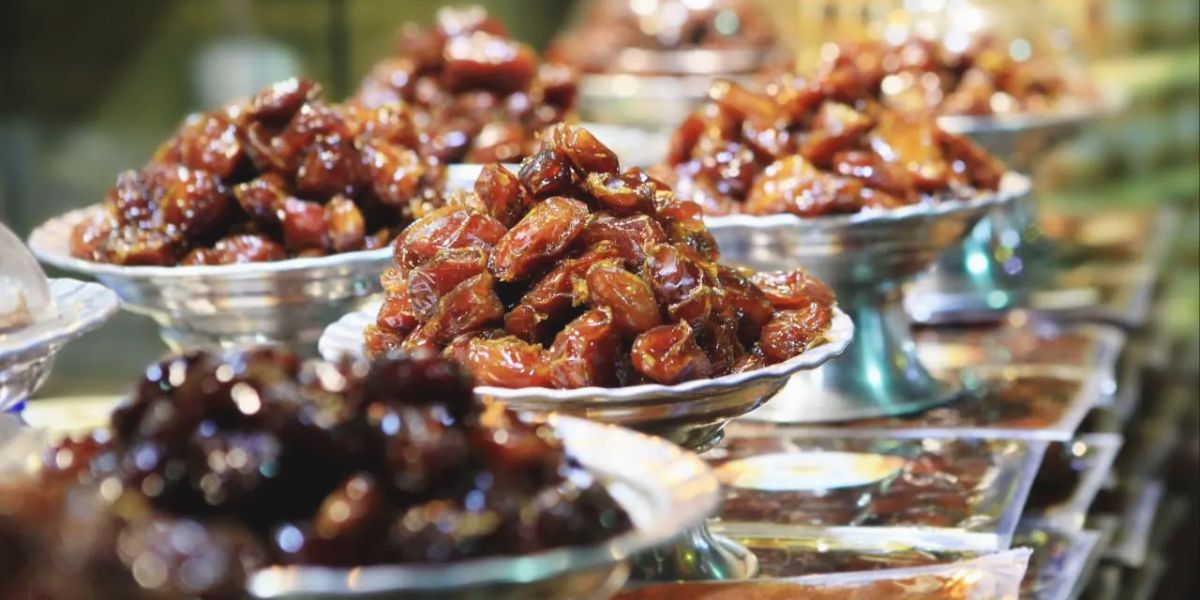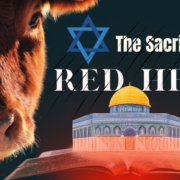Exploring Suhoor and Iftar: Traditions, Practices, and Recommended Foods
As the sun dips below the horizon during the holy month of Ramadan, Muslims around the world gather to break their fast with a meal called Iftar. But before the fast begins at dawn, there is another essential meal known as Suhoor. These two meals hold profound significance in the practice of Ramadan, not only as sustenance for the body but also as spiritual rituals deeply ingrained in Islamic tradition.
Suhoor: The Pre-Dawn Meal
Suhoor, derived from the Arabic word meaning “of the dawn” is consumed before the break of dawn and before the start of the fasting period. This meal is considered crucial as it provides the necessary sustenance to endure the day of fasting ahead. It is recommended in Islamic tradition to partake in Suhoor, as it is believed to bring blessings and strength during the fast.
The Suhoor meal typically consists of foods that provide long-lasting energy and hydration to sustain individuals throughout the day. Commonly consumed items include complex carbohydrates such as whole grains, oats, and barley, which release energy slowly, keeping hunger at bay. Additionally, protein-rich foods like eggs, yogurt, and nuts are favored for their satiating properties. Fruits and vegetables are also encouraged for their high water content, aiding in hydration during the long hours of fasting.
Iftar: The Evening Feast
As the call to prayer heralds the end of the day’s fast, Muslims eagerly gather to break their fast with the Iftar meal. This meal holds immense significance as it symbolizes gratitude, unity, and the end of a day of self-discipline. It is customary to break the fast with dates and water, following the tradition of Prophet Muhammad, before proceeding to the main meal.
The Iftar spread varies across different cultures and regions, showcasing a diverse array of culinary delights. From savory dishes like biryani, kebabs, and samosas to sweet treats such as baklava and kunafa, the Iftar table offers a feast for both the palate and the soul. Sharing Iftar with family, friends, and neighbors fosters a sense of community and solidarity, reinforcing the values of compassion and generosity central to Ramadan.

Recommended Foods for Suhoor and Iftar
While the specific foods consumed during Suhoor and Iftar may vary, certain guidelines can help individuals make nutritious choices. Incorporating a balance of carbohydrates, protein, fiber, and essential nutrients is essential to maintain energy levels and promote overall well-being during Ramadan.
Some recommended foods for Suhoor and Iftar include:
- Whole grains: oats, barley, brown rice.
- Protein sources: eggs, lean meats, legumes, nuts, and seeds.
- Dairy products: yogurt, cheese, milk.
- Fruits and vegetables: dates, bananas, cucumbers, leafy greens.
- Hydration: water, coconut water, herbal teas.
By following these guidelines and embracing the spirit of moderation and gratitude, Muslims can make the most of Suhoor and Iftar, nourishing both body and soul during the blessed month of Ramadan.











